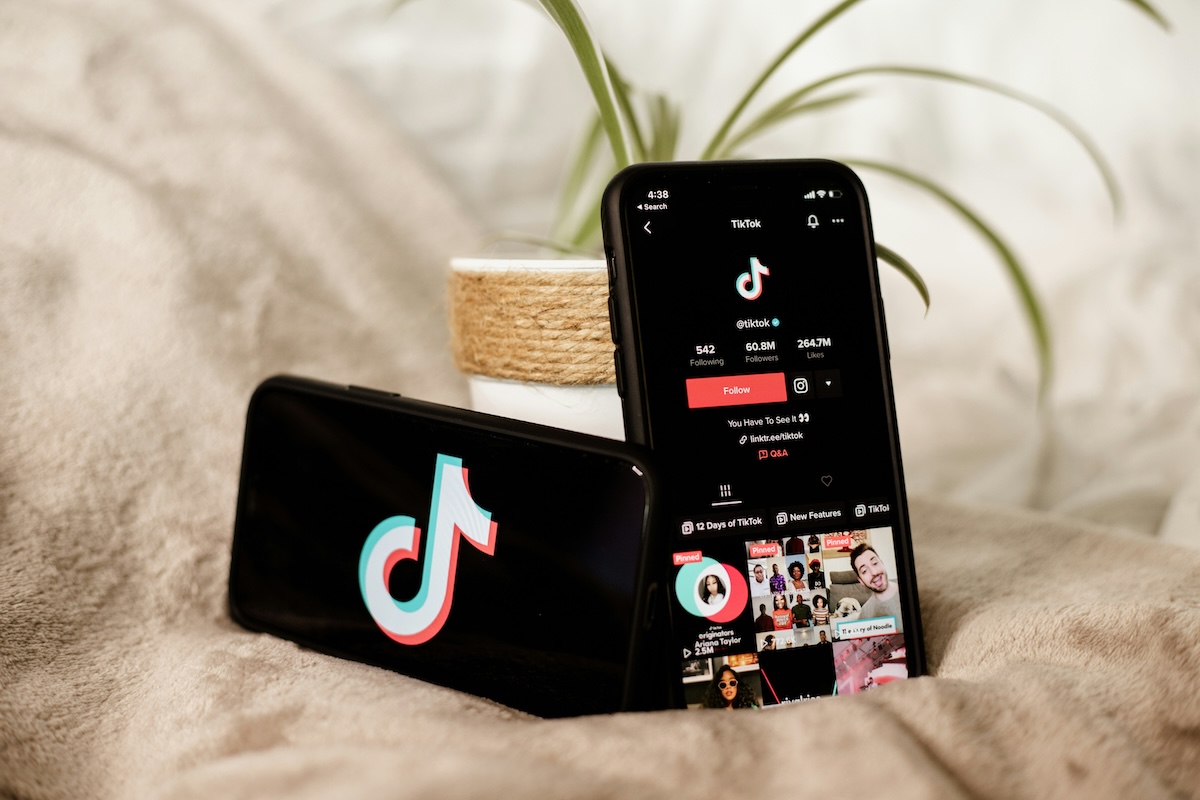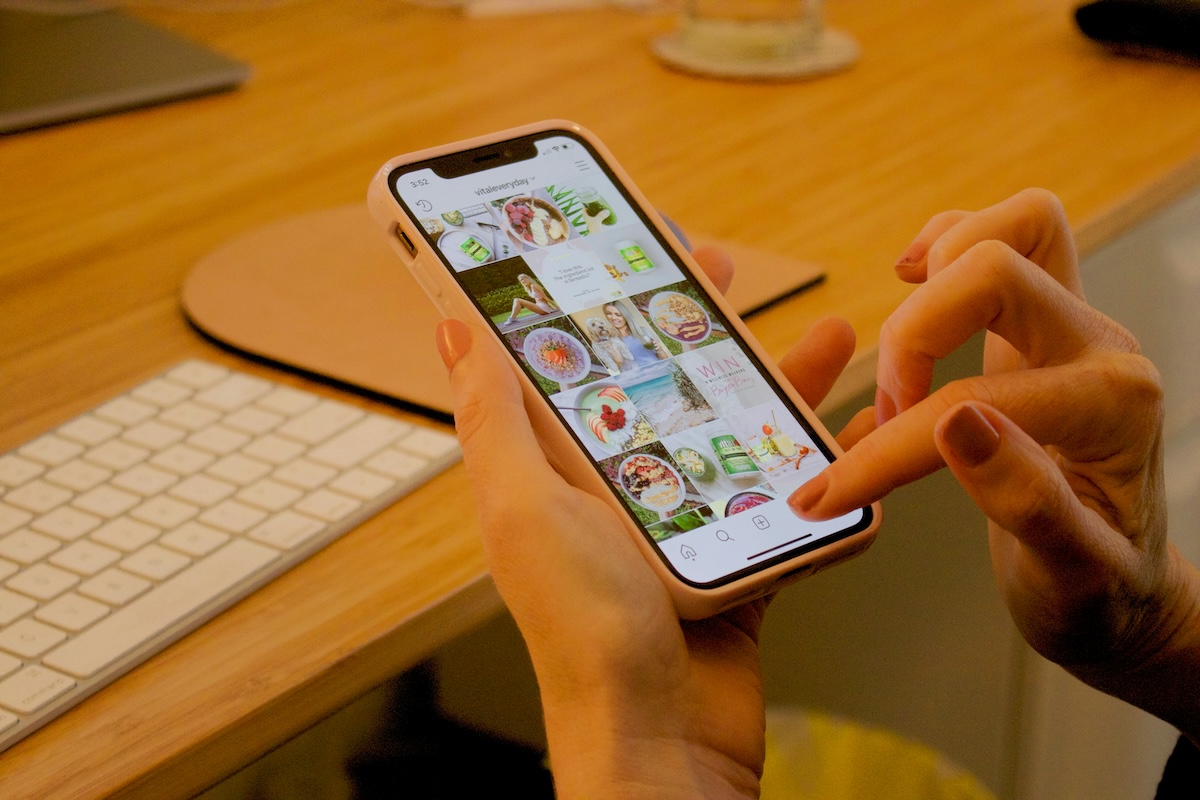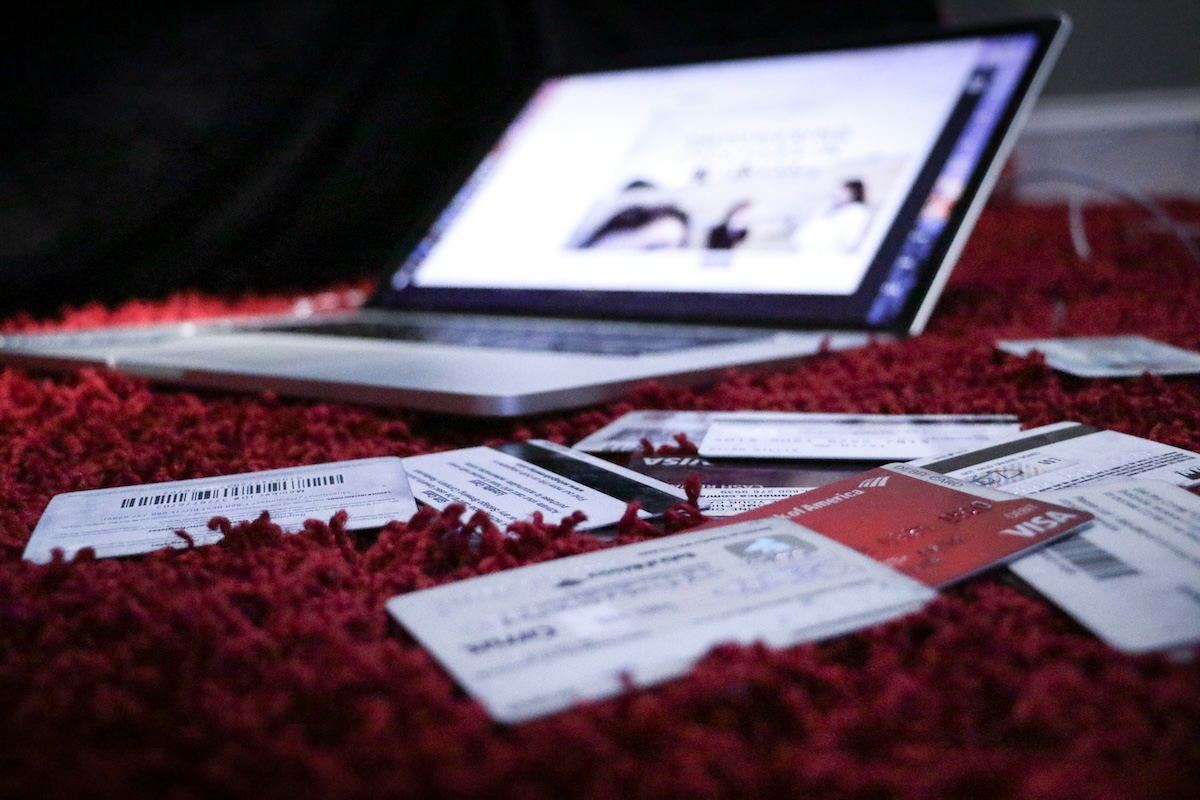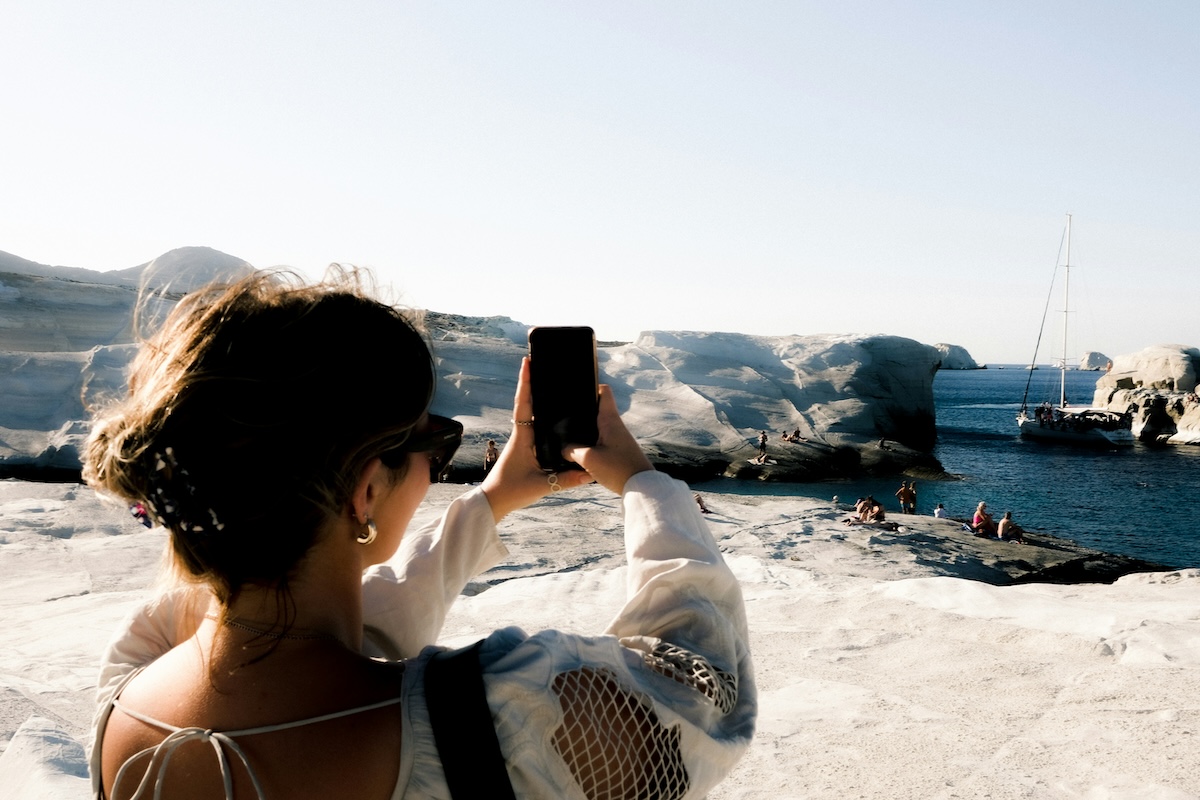
Social Media: Does It Make Us Spend More Money?
By: Eric Menendez
Skip to Section
Article Summary
Social media isn’t just stealing your time anymore – it’s coming for your wallet with AI-powered ads and influencers who make spending $500 on a handbag seem totally reasonable.
You’ll learn exactly how social platforms turn your scrolling habit into a shopping addiction, from influencers making you feel broke with their sponsored paradise trips to those creepy targeted ads that know you looked at those shoes for 2.3 seconds. The guide breaks down the psychology behind FOMO spending, why one-click shopping is basically financial kryptonite, and how to stop letting Instagram turn you into a walking credit card debt statistic.
- 40% of young adults blow money on experiences just for the Instagram photos – not because they actually want to go
- Influencers get paid to make you jealous, then profit when you try to copy their “perfect” lifestyle
- AI algorithms track your browsing to serve you ads for exactly what you’ve been thinking about buying
- In-app purchasing means you can go from “that’s cute” to “what have I done” in under 60 seconds
- Small impulse buys add up fast – Benjamin Franklin warned us about this 250 years ago and we still aren’t listening
Social media has completely transformed the ways we keep in touch with loved ones, entertain ourselves and hear about news and current events. Whether you’re a frequent doom-scroller or are more careful about your screen time, there’s no denying that branding and marketing campaigns are targeting us during our social media browsing time more and more.
This worldwide shift in how we spend our time on our electronic devices has contributed to big changes in our shopping habits, by connecting us with relevant products more efficiently than ever before. But does social media make us spend more money?
In this article, we explore why social media is so effective in encouraging us to part with our cash.
Influencers and the Fear of Missing Out
Social media influencers are individuals with large and highly engaged audiences on social platforms like Instagram, TikTok and YouTube. As trendsetters, when they recommend products or brands, they’re able to influence their audience’s purchasing decisions. Brands often sponsor influencers or give them free products in return for them displaying their products to the right audience.
As fantastic as social media platforms are at providing us with connection, they can also foster the fear of missing out—a powerful motive for impulse spending on unnecessary luxuries. As their followers struggle to keep up with affording the latest trend, product, experience or accessory, the influencers are making money from the hype. Research even suggests that as much as 40% of young adults spend more money on experiences than on necessities just to be able to post photos of themselves on social media.
Unfortunately, there’s lots of pressure to keep up with the spending habits and lifestyles of both influencers and friends on social media. But it’s important to remember that we only share highlights of our lives online, so it’s easy to look at the social feeds of our friends and family and assume their schedules are packed with exciting experiences and events—whilst your own life is dull.
A desire to fit in and ‘keep up with the Joneses’ compels us to seek out the same experiences to curate our own aspirational social media presence. This can lead to us spending much more money on travel, dining, entertainment and nightlife than we would without social media—so it’s important to be mindful of both the content you consume and what you spend your money on.
Does Social Media Fuel Our Wanderlust?
This trend manifests itself in a number of different spending categories, and none more so, perhaps, than the travel sector. Influencers will be paid by brands to explore exotic locations and stay in luxury hotels, all while being given the chance to enjoy unique travel experiences that often money can’t buy. Seeing the very best of what a country has to offer could tempt more users to part with their money, to try and recreate these ‘flawless’ trips for themselves.
It has to be said that not all social media spending is driven by envy. Especially when it comes to holidays and travel, users could simply be inspired by what they see, and encouraged to broaden their horizons after getting a small taste of a new place. With this in mind, the relationship between social media influencers and travel spending shouldn’t be viewed negatively—encouraging more people to travel (within their means) can only be a positive thing. However, if you do find your wanderlust being fueled by online influencers, you should still do your due diligence and shop around to find the best value for money. Often, deals they promote won’t be massively competitive, and with a little research, your travel money is likely to go that much further.
Tailored Ads and One-Click Shopping

Photo by Gabrielle Henderson on Unsplash
Social media platforms have become highly efficient in tracking our online behavior. Using AI algorithms, brands can use personalized adverts to remind you of exactly what products you’ve been hearing about, looking at, and thinking about buying. Targeted ads are significantly more effective in making us buy products than generic ads, as they’re tailored to our interests based on our recent browsing history and content consumption.
To further encourage us to reach for our bank cards, social media platforms have gradually made the entire buying process quicker and easier with in-app payment methods—allowing users to complete purchases without ever leaving the platform. Cashing in on the premise that the shorter and simpler the sales funnel is, the less time we have to carefully consider a product before committing to buy, social media platforms are leveraging our urge to impulse spend.
Social media platforms are available to users for free, but they turn a profit by monetizing their users’ data and engagement. When we browse socials, we’re a captive audience for brands who can pitch highly relevant products to us and process our impulse purchases in minutes.
Stick to a Budget

Photo by Dylan Gillis on Unsplash
As Benjamin Franklin once said, “Beware of little expenses. A small leak will sink a great ship”. When it comes to browsing social media, it can be easy to quickly purchase seemingly small products without giving much thought to your overall monthly budget. Having a budget and making the decision to spend more consciously is a great habit to get into, and will help you steer clear of difficult financial situations.
Overspending can lead to a multitude of problems, from debt and a poor credit rating to mental health issues such as depression. Social media can be an especially slippery slope to overspending for those with existing mental health conditions, as it provides a temporary dopamine rush which makes us feel better for a short while. Spending too much on niceties and luxuries can also leave us without enough pennies to cover the essentials – leading to anxiety, stress and sleep problems. If you’re noticing unhealthy spending habits, be sure to get professional advice sooner rather than later.
About the Author
As a man passionate about new technology and the digital world, Eric Menendez shares keen insights into how we can benefit from innovation. In his spare time he enjoys hiking, paddleboarding and swimming.
Information published on this website and across our networks can change over time. Stories and recommendations reflect the subjective opinions of our writers. You should consult multiple sources to ensure you have the most current, safe, and correct details for your own research and plans.
Frayed Passport is a participant in the Amazon Associates Program, an affiliate advertising program designed to provide a means for sites to earn advertising fees by advertising and linking to Amazon.com. We also may share links to other affiliates and sponsors in articles across our website.






